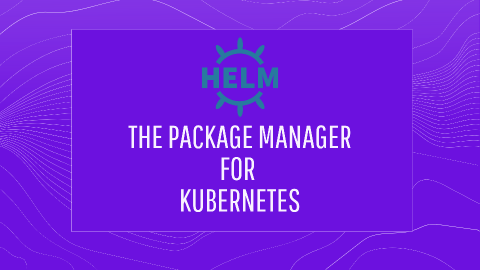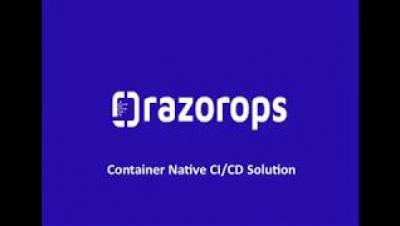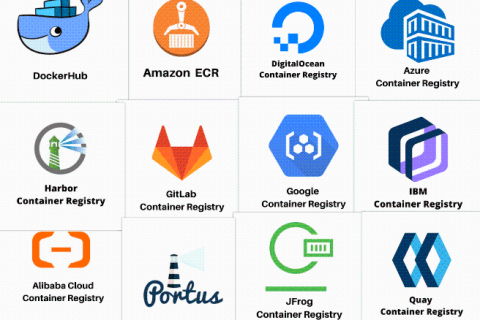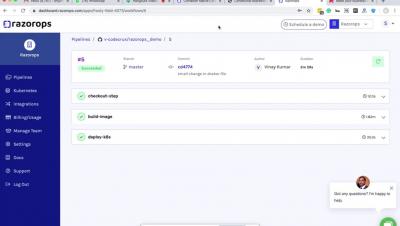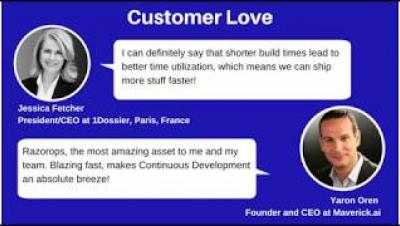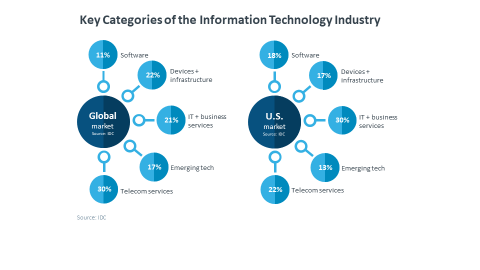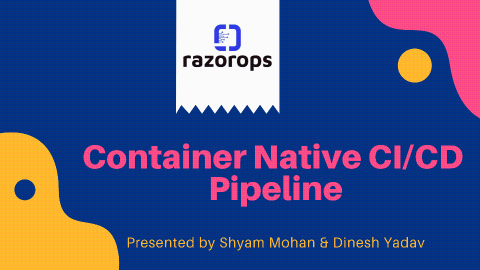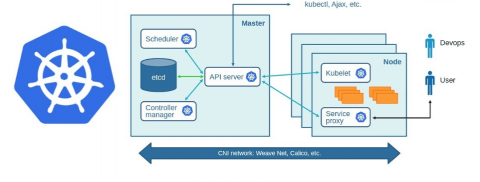Operations | Monitoring | ITSM | DevOps | Cloud
Razorops
Introduction to Helm 3 the Package Manager for Kubernetes
Helm is the package manager for Kubernetes (like yum, apt and home brew ) that allows easily package, configure, and deploy applications onto Kubernetes clusters. Helm charts are packages (like debs and rpms) It contains pre-configured kubernetes resources such as ConfigMaps, Deployments ,StatefulSet manifests, PersistentVolumes and editable settings for them.
Razorops Introduction: Add Linode Cluster to Razorops
Razorops: Container Native CI/CD Solution.
Best Docker Image Hosting Platforms
Container registry is a repository for storing docker images or container images, A container image, comprised of multiple layers, an image is essentially built from the instructions and executable version of an application.
Razorops live meetup demo
Razorops-demo
5 Strategies to Improve the Effectiveness of Your IT Management
IT is pervasive in today’s setting. Businesses, governments, and individuals use IT products constantly for different purposes. In fact, it is forecast that the global spend would reach $5 trillion by the end of 2019. Most of the money streaming into the IT industry comes for corporations and government agencies. Households are also contributing to it, including home-based commercial ventures.
Introduction to Container Native CICD
Software that treats the container as the first-class unit of infrastructure.
Kubernetes in 2 minutes
Kubernetes is an open-source container-orchestration system for automating application deployment, scaling, and management. It was originally designed by Google, and is now maintained by the Cloud Native Computing Foundation.



